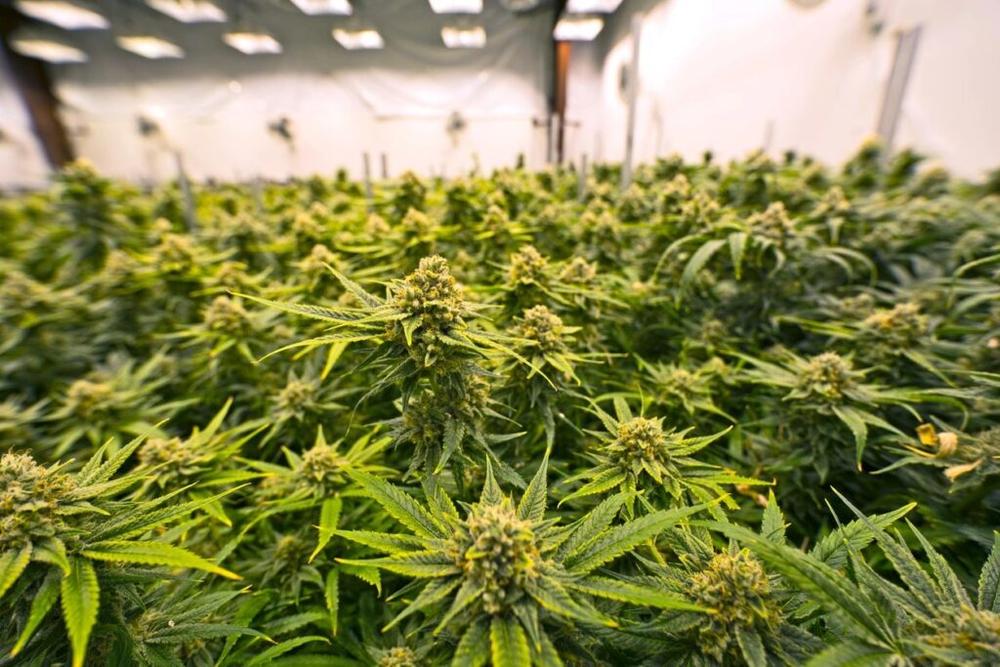Georgia Expands Its Medical Cannabis Industry with New Business Permits
LOS ANGELES- Georgia’s medical cannabis industry is taking significant strides with the Georgia Access to Medical Cannabis Commission awarding four additional business permits. This development brings the total number of licensed cannabis companies in the state to six, marking a crucial phase in the industry’s growth.
The latest permit recipients, as reported by Atlanta’s Fox 5 TV station, include Fine Fettle, TheraTrue Georgia, Natures Georgia, and Treevana Remedy. These newcomers join the ranks of Florida-based Trulieve and Georgia-based Botanical Sciences in the Peach State’s emerging cannabis sector.
This expansion comes amid a relatively recent start of sales in April, with the state’s laws strictly regulating the cannabis products that can be sold. By mandate, the companies are limited to manufacturing and selling cannabis oil with a maximum of 5% THC content. Other forms of cannabis consumption, such as smokeable marijuana and edibles, remain prohibited under state law.
An interesting development in the state’s approach to cannabis distribution involves the integration of pharmacies as potential sales points. As of October, at least 120 pharmacies had applied for permission to sell medical marijuana, signaling a broadening of the market beyond traditional dispensaries. The state’s regulators announced earlier this year that the six licensed operators would be permitted to wholesale their products to these pharmacies.
Despite the progress in licensing and the opening of dispensaries, challenges persist. As of Nov. 16, only eight dispensaries were operational in Georgia, with four each run by Trulieve and Botanical Sciences. The locations include cities such as Macon, Evans, Newnan, Marietta, Atlanta, Pooler, and Stockbridge.
Another significant hurdle is the process for patients to access these medical cannabis products. Obtaining a patient registration card, which is mandatory for purchasing low-THC medical cannabis in the state, requires patients to navigate a series of bureaucratic steps. Additionally, the list of qualifying medical conditions for cannabis use is limited, including only severe ailments like epilepsy or terminal cancer. As a result, as of Nov. 16, only 13,499 patients had registered, a figure substantially lower than the anticipated 50,000-patient pool reported by the Associated Press last month.
The expansion of Georgia’s medical cannabis industry, while a positive step towards broader access and normalization, highlights the complexities of implementing medical cannabis programs in states with traditionally conservative approaches to cannabis. The industry’s growth, patient accessibility, and the potential expansion of qualifying conditions will be key areas to watch as Georgia’s nascent cannabis market continues to evolve.



































